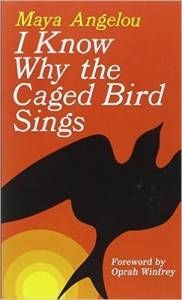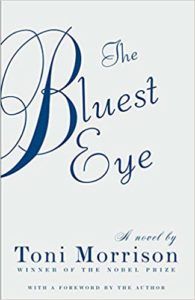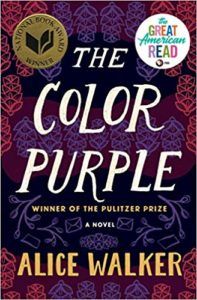
6 Women of Color Who Changed the Literary Landscape
At Book Riot, we celebrate the women who are changing and influencing the literary world every day of the year. But with March being Women’s History Month, it seems like an especially opportune time to highlight a few of the many women of color who have broken barriers throughout history and challenged the status quo with their writing.
From Maya Angelou to Gabriela Mistral, these women’s books have had a global impact that continues to be felt today. Here are six authors of color whose work has helped transform the landscape of literature.
 Maya Angelou
Maya Angelou
Maya Angelou’s list of accolades is far too lengthy to name in full, encompassing dozens of awards and more than 50 honorary degrees. The acclaimed poet and memoirist is known for her lauded series of autobiographies, including her most famous title, I Know Why the Caged Bird Sings. Since its publication in 1969, the book has widely been credited for revolutionizing the American memoir and is still taught and discussed in educational settings across the country.
Angelou’s creative prowess also extended far beyond nonfiction. She earned a Pulitzer Prize nomination for her book of poetry, Just Give Me a Cool Drink of Water ‘fore I Die, a Tony Award nomination for her role in the 1973 play Look Away, and three Grammys for her spoken word albums.
Octavia Butler
Throughout her literary career, Octavia Butler helped challenge and expand the boundaries of the sci-fi genre by using her work to explore issues of race, sex, and power with striking realism. Her highly praised work, including Bloodchild and Parable of the Talents, made her the recipient of multiple Hugo and Nebula awards, which serve to honor the biggest achievements in sci-fi or fantasy literature. In 1995, she also became the first science-fiction writer in history to receive a MacArthur Fellowship.
Gabriela Mistral
Chilean writer and poet Gabriela Mistral—a pseudonym for Lucila Good y Alcayaga—became the first Latin American author to win the Nobel Prize in Literature in 1945. Influenced by her difficult childhood, her Catholic faith, and the tragic loss of her first love, her work is known for revolving around the central themes of death, love, religion, and the relationship between mothers and children.
 Toni Morrison
Toni Morrison
Even before publishing her first novel, Toni Morrison was breaking barriers. She became the first black female editor in fiction at New York publishing company Random House in the late 1960s. She later kicked off her illustrious career as an author with 1970’s The Bluest Eye, a title still widely taught in high schools and universities around the country. After earning national attention with 1977’s Song of Solomon, Morrison went on to author the critically acclaimed, Pulitzer Prize–winning novel Beloved, and won the Nobel Prize in Literature in 1993.
Murasaki Shikibu
Japanese novelist Murasaki Shikibu wrote The Tale of Genji, which many consider to be the world’s first novel. Written sometime between 1000 and 1012, the work is now a classic in Japanese literature and a regular subject of scholarly debate. Though her writing has had far-reaching impact, little is known about the author herself—including her real name, which remains unknown to this day.
 Alice Walker
Alice Walker
As one of the most prolific writers, poets, and activists in history, Alice Walker has long served as an advocate for women of color. She earned worldwide acclaim for her bestselling, critically acclaimed book, The Color Purple, a book that captures the life of African-American women in the South in the 1930s. The novel, published in 1982, won both the Pulitzer Prize for Fiction and the National Book Award for hardcover fiction in 1983.



















